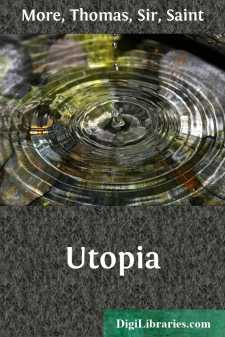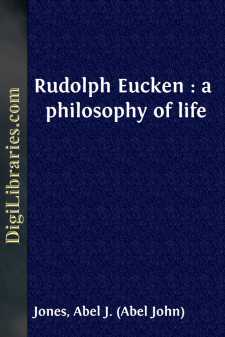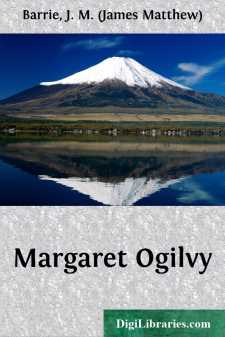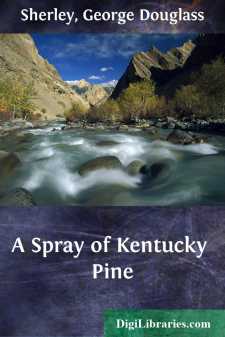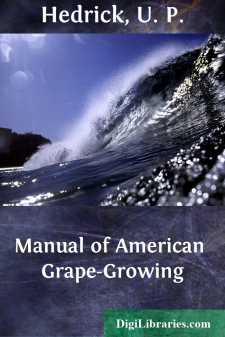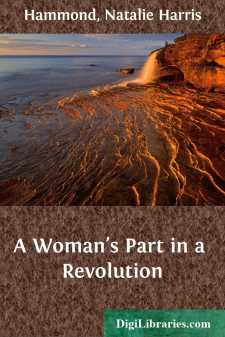Non-Classifiable
- Non-Classifiable 1768
Non-Classifiable Books
Sort by:
INTRODUCTION Sir Thomas More, son of Sir John More, a justice of the King’s Bench, was born in 1478, in Milk Street, in the city of London. After his earlier education at St. Anthony’s School, in Threadneedle Street, he was placed, as a boy, in the household of Cardinal John Morton, Archbishop of Canterbury and Lord Chancellor. It was not unusual for persons of wealth or influence and sons of...
more...
CHAPTER ITHE PROBLEM OF LIFE Before we proceed to outline Eucken's philosophical position, it will be well if we can first be clear as to the special problem with which he concerns himself. Philosophers have at some time or other considered all the problems of heaven and earth to be within their province, especially the difficult problems for which a simple solution is impossible. Hence it is,...
more...
THOUGHTS ON A REVELATION. Few persons can have observed attentively the various phases of public opinion on religious subjects during the last twenty years or more, without noticing a growing tendency to the accumulation of difficulties on the subject of Revelation. Geology, ethnology, mythical interpretation, critical investigation, and inquiries of other kinds, have raised their several...
more...
by:
Walter Jerrold
CHARLES LAMB THE STORY OF HIS LIFE Charles Lamb's biography should be read at length in his essays and his letters—from them we get to know not only the facts of his life but almost insensibly we get a knowledge of the man himself such as cannot be conveyed in any brief summary. He is as a friend, a loved friend, whom it seems almost sacrilegious to summarize in the compact sentences of a...
more...
CHAPTER I—HOW MY MOTHER GOT HER SOFT FACE On the day I was born we bought six hair-bottomed chairs, and in our little house it was an event, the first great victory in a woman’s long campaign; how they had been laboured for, the pound-note and the thirty threepenny-bits they cost, what anxiety there was about the purchase, the show they made in possession of the west room, my father’s unnatural...
more...
The Prelude —A Note Explanatory— With James Whitcomb Riley, some years ago. This Man From Down On The Farm, made a Reading Tour, of—in Population—more than one-half of this Imperial Republic, including the Cream of the Canadian Provinces. Of that Tour, at some other time, in some more leisurely hour, he desires, if able, to make a full and faithful Record. This, is but a humble Spray of...
more...
by:
U. P. Hedrick
PREFACE Seventy-nine books on grapes enrich the pomology of North America, not counting numerous state and national publications. Pomological writers in America have been partial to the grape, for other fruits do not fare nearly so well. Twenty-two books are devoted to the strawberry, fourteen to the apple, to the peach nine, cranberry eight, plum five, pear nine, quince two, loganberry one, while the...
more...
PREFATORY NOTE. The collection of letters and documents which has occasioned the preparation of the present volume, though it has been so long buried in obscurity, appears to have been originally made with a view to publication. It was for many years, and until his decease, in the possession of Mr. Abel Bowen, a well-known engraver and publisher, of Boston, sixty years ago, and was obtained by him from...
more...
TO JOHN RUSKIN. My dear Mr. Ruskin,—You have given me very great pleasure by allowing me to inscribe this book to you, and for two reasons; for I have two kinds of acknowledgment that I wish to make to you—first, that of an intellectual debtor to a public teacher; secondly, that of a private friend to the kindest of private friends. The tribute I have to offer you is, it is true, a small one; and...
more...
A WOMAN'S PART IN A REVOLUTION I hope I may be able to tell the truth always, and to see it aright according to the eyes which God Almighty gives me.—Thackeray. I. Totsey the terrier lay blinking in the hot African sun, while Cecilia Rhodes, the house kitten, languished in a cigar box wrapped about with twine to represent bars of iron. Above her meek face was a large label marked 'African...
more...


